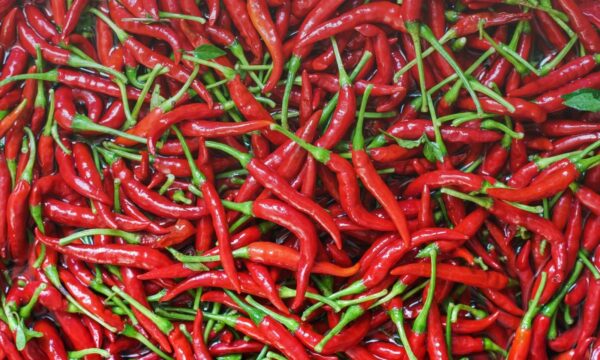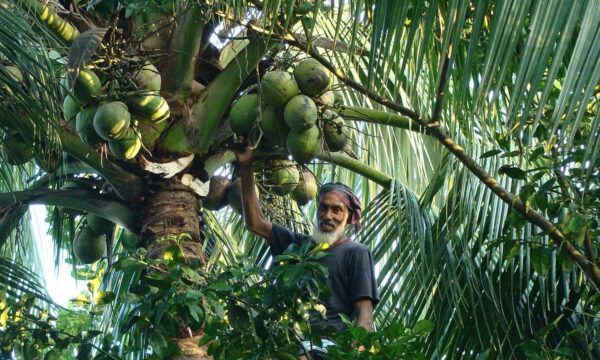Agricultural super ducks? You may think that the entire phrase is flawed. Ducks waddle around in parks, not on farms. You probably have never thought of them as being particularly ‘super’ as they paddle around the park pond, searching for scraps of bread. However, you’d be mistaken, as I was, for the humble duck is now emerging as a new tool in the farmer’s arsenal for improving food security. Brace yourself for the rise of the agricultural super duck.
Recently, we have witnessed a rise in the use of ducks in Asian agricultural systems. They have their own book dedicated to their amazing agricultural abilities in Japan and are already employed in some of Bangladesh’s rice paddies. These agricultural superstars provide an effective pest management solution and have even been found to reduce both production costs and greenhouse gas emissions.
In Japan, farmers have recently been converting to this eco-friendly form of agricultural pest management. It was led by Takao Furuno and the publication of his 2000 book “The Power of Duck”. Takao cultivates rice and wheat and has replaced pesticides with ducks. In doing this he has cut production costs, increased crop yields and diversified his livelihood; making additional income by selling the ducks to other local farmers.
Ducks are ideal for pest management on farms. They don’t touch the farmer’s crops and their droppings naturally fertilise the soil. On these farms they result in a reduction in chemical fertiliser and pesticide use, saving the farmer money and helping the local environment at the same time.
Chinese researchers have also found that the presence of ducks reduces methane gas emissions in rice paddies. These scientific studies on “integrated rice-duck technology” discovered that the ducks effectively suppressed the methane gas emissions through their constant paddling.
Farmers need help in integrating ducks into their existing farming structures. Duck hatcheries are needed to supply ducks to the farms, vaccinations are needed and financial support may be required initially. Specialist training and advice on reducing pesticide use and controlling plant pests are also needed for local farmers. Local authorities are not always able to provide this, due to resource pressures.
As part of the Plantwise initiative, CABI is increasing their support to farmers face-to-face via a network of plant clinics in the developing world. Plant clinics are run by specially trained ‘plant doctors’ who offer technical support in dealing with plant pests and diseases. They aim to help farmers improve their own food security and reduce unnecessary chemical pesticide use. Their efforts have increased crop yields, reduced farming costs and empowered local farmers.
So next time you’re in the park eating your lunch and you see a lonely duck paddling by, remember how amazing these birds are. Break off a piece of your sandwich for them, after all, it’s time for these unsung farming heroes to be recognised.
2 Comments
Leave a Reply
Related News & Blogs
How plant clinics are strengthening crop health services in Bangladesh
When the first-ever plant clinic in Bangladesh opened in Dhaka in 2013, it initially faced a lack of interest due to its novelty and limited awareness among farmers. However, it went on to expand, providing advice to over 17,000 farmers and led to the…
2 July 2025






[…] duck! This piece has been rather a hit for me over on Facebook. Cancel […]
[…] Agricultural Super Ducks by Steven Forrest […]